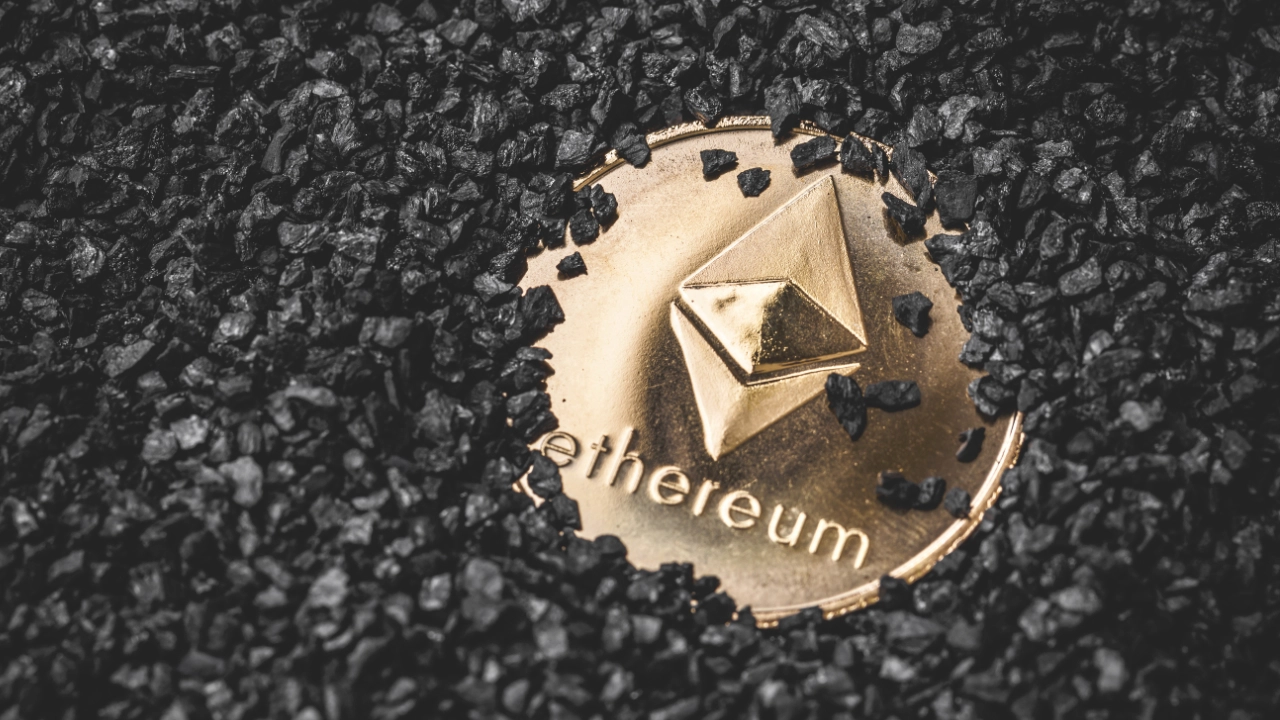
Coinposters
Ethereum Miner stops processing Tornado Cash transactions

Currently, the possibility of a decentralized, open, and free internet is in peril. This is neither exaggeration nor clickbait. The biggest Ethereum mining pool, Ethermine, is no longer producing blocks with Tornado Cash transactions. This is presumably due to OFAC penalties and is an example of protocol-level filtering.
Takens Theorem, a crypto expert, found that Ethermine had ceased processing Tornado Cash transactions and produced the following graphic. Coinposters examined on-chain data and determined that Ethermine did not create a block containing a Tornado Cash transaction within the time period shown below.
We must travel back around 10 days to discover an Ethermine block with a Tornado Cash transaction. The 9th of August saw the creation of Block 15306892, which was mined by Ethermine. A 10 ETH transaction was executed via the Tornado Cash router in this block.
An examination of the most recent Tornado Cash Router transactions revealed that Hiveon, P2Pool, and 2Miners controlled the market.
Why is this significant? OFAC has recently prohibited the usage of Tornado Cash, making it unlawful for any U.S. business to communicate with the protocol.
In response to this penalty, Circle “blacklisted” USDC on the Ethereum network, preventing any holder who has previously engaged with Tornado Cash from interacting with the smart contract. This action effectively froze all $USDC that had been processed by Tornado Cash.
Next, DeFi protocols like Aave, Uniswap, and Balancer released an API from TRM Labs that disabled the front end of their dApps, thereby prohibiting OFAC-sanctioned addresses.
Aave apparently restored access to addresses that had been “dusted” with 0.1 ETH by a hacktivist aiming to draw attention to a major problem with sanctions compliance.
According to OFAC, any address that conducted business with Tornado Cash was now subject to U.S. sanctions. Thus, when the hacktivist transferred 0.1 ETH to a number of key individuals in the crypto sector, he demonstrated that the penalties could be readily circumvented.
While it is undoubtedly positive that Aave has restored access to high-profile users, the issue remains: “What will happen in the future to users who are targeted by such an attack?”
If I dislike my employer and give him 0.1 ETH using Tornado Cash, would he be blacklisted from Aave as well? If so, how will Aave demonstrate the legitimacy of his claim? Users that have been banned may still fork the protocol or engage through CLI, but this is out of reach for the majority of users.
The decision of Ethermine to cease creating blocks containing Tornado Cash transactions surpasses all of the preceding. Selecting certain transactions to execute violates the Ethereum blockchain’s fundamental principles. It is anticipated that the network would be open-source, free, decentralized, and inclusive.
Latest
Blockchain
21 Feb 2026
Blockchain
13 Feb 2026
Blockchain
07 Feb 2026
Blockchain
06 Feb 2026
Blockchain
05 Feb 2026
Blockchain
03 Feb 2026












